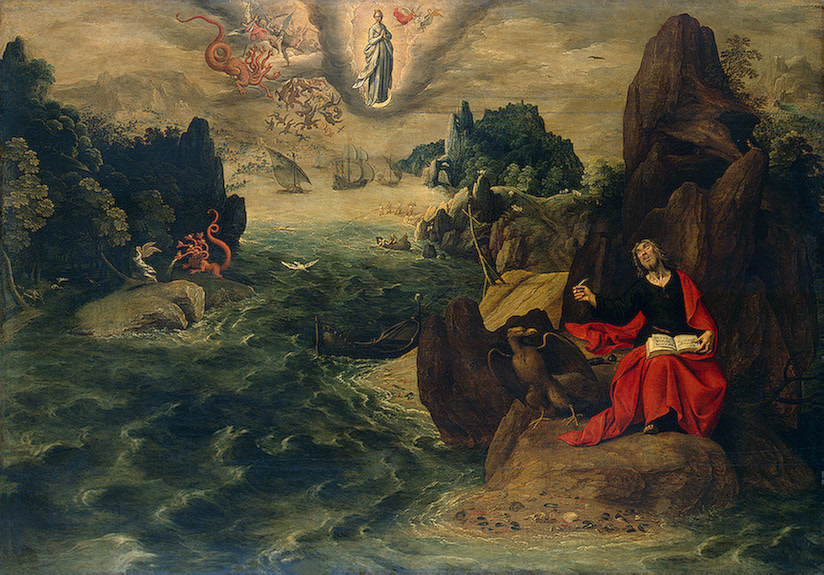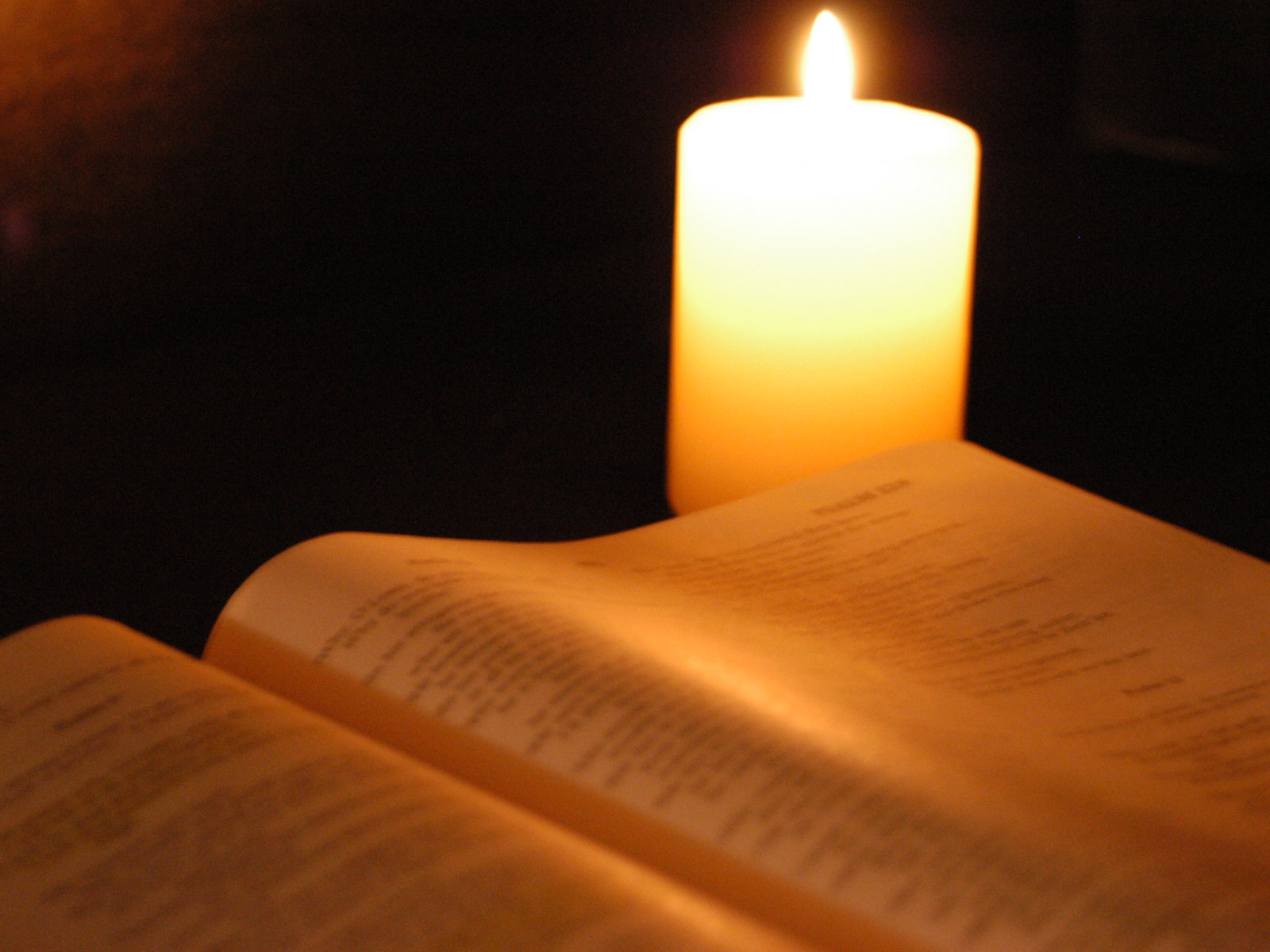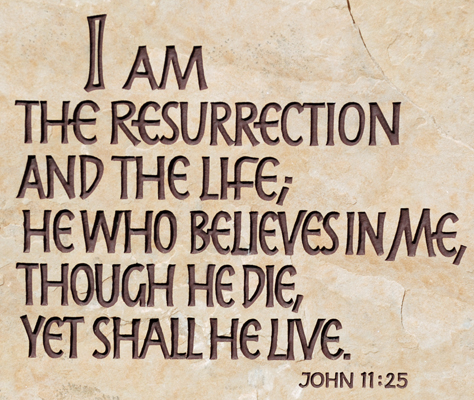Well, maybe. Depending on when you are reading this, Christmas may not be done. Officially the Twelve Days of Christmas end on January 5th with the 12th Night (of Shakespeare fame). In the liturgical calendar, the New Year started in December with Advent. We've been answering "what's next" since then! So what is next? Glad you asked. January 6th marks the Feast of the Epiphany and the season that follows.
 The Season after Epiphany (although I prefer 'Season OF Epiphany') marks a time of realization. Who is Jesus? What is his significance? What does he have to do with me? From the Magi, celebrated on January 6th, we learn that Christ call all nations. On the Sundays afterwards we are told of Jesus' Baptism where the Triune God is revealed simultaneously as a voice from Heaven, the Son of God being baptized and the dove/Holy spirit. We read also of the Wedding at Cana where Jesus performs his first miracle and Mary gives us a hint about following Jesus, "Do whatever he tells you." And on February 2nd is Candlemass, the celebration of Jesus Presentation in the Temple which celebrates the Light of God in the midst of the Temple and the worshiping community.
The Season after Epiphany (although I prefer 'Season OF Epiphany') marks a time of realization. Who is Jesus? What is his significance? What does he have to do with me? From the Magi, celebrated on January 6th, we learn that Christ call all nations. On the Sundays afterwards we are told of Jesus' Baptism where the Triune God is revealed simultaneously as a voice from Heaven, the Son of God being baptized and the dove/Holy spirit. We read also of the Wedding at Cana where Jesus performs his first miracle and Mary gives us a hint about following Jesus, "Do whatever he tells you." And on February 2nd is Candlemass, the celebration of Jesus Presentation in the Temple which celebrates the Light of God in the midst of the Temple and the worshiping community.
The Epiphanal season challenges us with water and light and invitation. Water awakens us to the wonder of God's activity around us. Light at the new possibilities of what a life bathed in salvation may look like. Invitation that causes us to realize, we are invited; there is no part of us that has been excluded from God's call for transformation; and there is no person that God does not want within God's own family.
What's next? It's time to awake to the reality of new life in God. Is this a New Year's resolution? No. It's a New Life resolution.




















